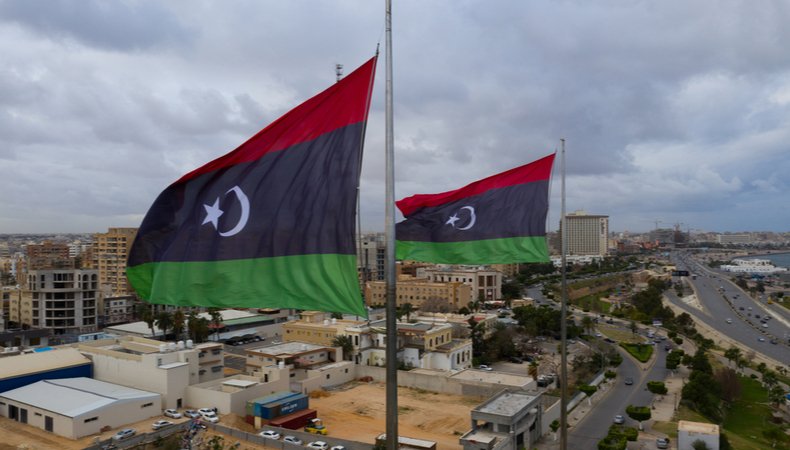Why the Libyan Political Dialogue Forum in Geneva has failed

Deputy Secretary-General and coordinator of the United Nations Support Mission in Libya (UNSMIL), Risdon Zeninga, announced yesterday evening that the Libyan representatives have failed to find a consensus on the fundamental constitutional for the general elections. That they previously fixed for December 24, 2021.
They gathered in Geneva since Monday for the Libyan Political Dialogue Forum (LPDF), but “we have not been able to reach an agreement on the constitutional norm, and this is not a good auspice.” Zeninga said during his closing speech, indicating that they made three proposals. Still, the participants did not reach common ground on the mechanism by which to conduct the elections.
“The curtain falls today, and we invite you to continue the dialogue between you to reach a compromise between all parties, and we will continue to work with the Reconciliation Committee to prepare some options for building common ground that the forum will discuss; again.” Zeninga continued, anticipating that the members of the LPDF will return to Libya and continue to work on this dossier from there.
The members divided into three groups: the first, in favor of holding elections on time as indicated in the road map; the second, which would include supporters of Field Marshal Khalifa Haftar, who have called for elections to allow him to run for president; and the third, represented by the supporters of the Provisional Government of National Unity, the House of Representatives and the High Council of State, whose tendency is to postpone the elections and maintain the status quo, under the pretext or belief that the current institutions must first resolve priority issues before going to the vote.
Despite the appeals of the international community, no deal has put pressure in recent days for the participants in the LPDF to reach an agreement on a constitutional basis. Moreover, the coronavirus also weighed on the meeting; after the envoy, Jan Kubis, was unable to attend, a staff member of the UN Mission and one of the participants in the Dialogue, Hussain Al-Ansari, tested positive at the time.
The Libyan dialogue failed because LPDF members focused more on facilitating the run-up to elections for some individuals, rather than on the real purpose of the forum. Finally, many accused the current government and in particular the city of Misurata of being among the saboteurs of the electoral process, now the city risks a serious wave of violence and condemnation by the Libyans.




